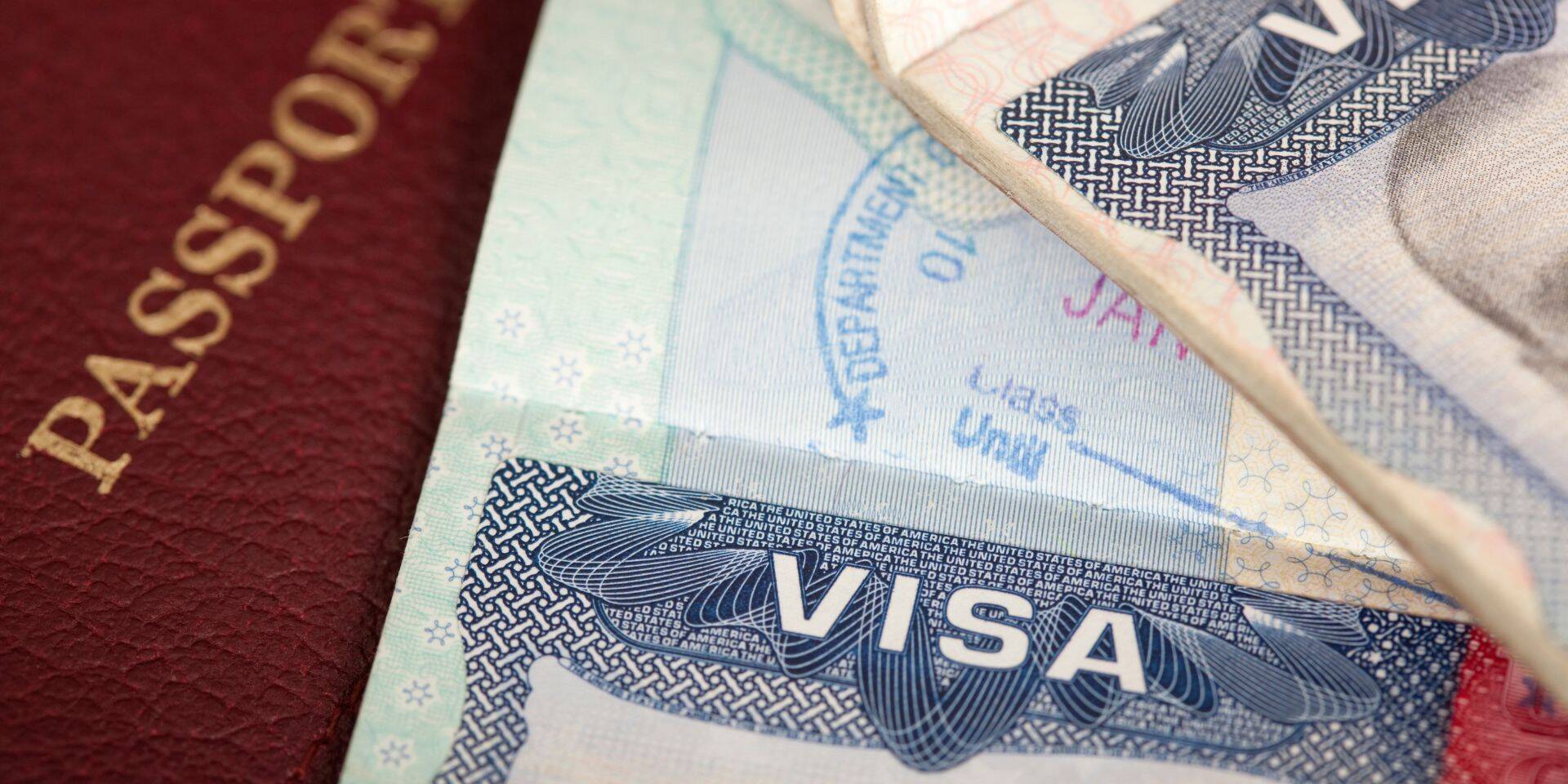The Dream Act, a long-standing proposal that offers a pathway to citizenship to undocumented immigrants brought to the United States as children was reintroduced. Senator Durbin of Illinois reintroduced the potential policy in the Senate.
The Act could affect nearly 2 million immigrants, per an earlier Congressional Budget Office estimate. The potential policy provides lawful status and work authorization to qualifying individuals. In addition, relief from deportation is possible for immigrants brought to the U.S. as children and who meet additional criteria.
Eligibility requirements include the requirement for an immigrant to remain in the U.S. for the past four years, without any felony convictions, and pursuit of some level of educational goals. Exceptions can be made for individuals with expunged convictions and other circumstances.
As long as individuals qualify with specific conditions, Dreamers would be allowed to work and continue their studies without the fear of deportation.
Some of the qualifying elements of the Dream Act include the completion of at least two years of higher education or military service or those who have worked lawfully for at least three years. Individuals satisfying these qualifications would be eligible to remove the “conditional” status of their lawful presence and become full green card holders. Hardships waivers would still be available in certain circumstances.
Once the conditional aspects are removed, Dreamers would then be eligible for naturalization through the normal process, which generally requires an immigrant to have held a green card for at least five years. Time spent on “conditional” status would count towards this period.
If you have questions about the Dream Act and how it could affect you, contact one of our attorneys today. We work with you to make sure you get the right advice for your specific situation.
Related Posts
May 16, 2025
Warrantless Phone Searches Not Authorized at All Airports
CBP can't conduct warrantless phone…



